Trends in Media Translation Services in Dubai
Explore the top trends in media translation services in Dubai — from AI tools and voice tech to inclusive content and cultural transcreation.
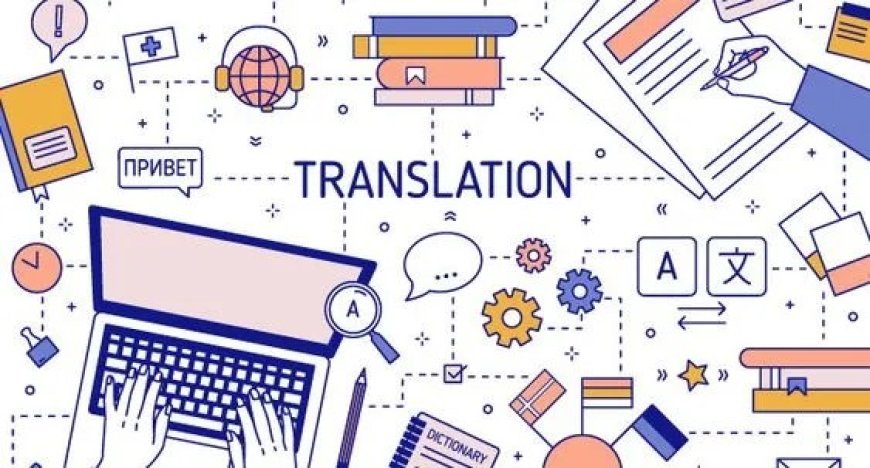
Dubai has always been a city that moves fast. With its ever-evolving skyline, thriving media scene, and global business connections, the need to communicate across cultures is only growing. As the demand for multilingual content explodes, media translation services are transforming — embracing new technologies, cultural insights, and cross-platform strategies.
In this post, we’ll explore the key trends shaping the future of expert media translation services in Dubai. Whether you’re a brand, a content creator, or a media agency, understanding these trends will help you stay ahead in a multilingual, multimedia-driven world.
AI-Powered Translation: Speed Meets Strategy
The Rise of Machine Translation in Media
Artificial intelligence has quickly become a major player in the translation space. Tools powered by machine learning and natural language processing can now translate text and speech faster than ever. In media, this translates to rapid subtitling, automatic captioning, and even real-time dubbing.
In Dubai — a city known for innovation — many media agencies are incorporating AI-driven translation tools into their workflows. These tools help speed up large-scale projects, especially for news outlets, social content producers, and brands running multilingual campaigns.
Human-AI Collaboration for Quality Control
While AI provides speed, it still lacks cultural nuance and emotional intelligence. That’s why a growing trend among expert media translation services in Dubai is the hybrid model. AI does the heavy lifting, while human translators review and refine the output to ensure tone, clarity, and context are preserved.
This balance between speed and accuracy is helping companies meet tight deadlines without sacrificing the quality and credibility of their content.
Voice Technology and Real-Time Media Translation
The Evolution of Voiceovers and Dubbing
Voice technology is rapidly evolving, and Dubai is at the forefront of leveraging it in multilingual media. Voice cloning, synthetic voices, and real-time dubbing tools are being integrated into translation workflows. These advancements allow for faster turnaround times and more cost-effective voice localization.
However, just as with AI text translation, there’s still a strong need for human oversight. Expert media translation services in Dubai ensure that voiceovers are emotionally resonant, well-paced, and culturally sensitive — something machines can’t yet fully replicate.
Live Events and Simultaneous Interpretation
Dubai hosts thousands of global events each year — from international expos to high-profile business forums. A rising trend is the use of real-time interpretation and live translation for webinars, virtual conferences, and hybrid events. Platforms now support multiple audio channels, allowing attendees to select their preferred language instantly.
Media translators in Dubai are adapting to this new reality, offering live captioning and interpretation services that make global participation easier than ever.
Culturally Adaptive Content: From Translation to Transcreation
Beyond Literal Translation
In a multicultural city like Dubai, simple translation is no longer enough. Brands are increasingly turning to transcreation — a creative process that involves reimagining content for different cultures while preserving its core message. This trend is especially prominent in advertising, entertainment, and branded storytelling.
Expert media translation services in Dubai are now expected to act more like creative partners than just linguistic experts. They adapt humor, imagery, and tone for various cultural markets, ensuring content feels local while retaining its original purpose.
Localizing for Regional Dialects and Audiences
Dubai-based content often reaches audiences across the entire MENA region, South Asia, and beyond. That means accounting for different dialects, slang, and references. A growing trend is the creation of multiple localized versions of the same media asset — tailored for each market’s linguistic and cultural preferences.
This targeted approach increases engagement, reduces the risk of misinterpretation, and enhances brand trust across regions.
Multiplatform Optimization for Diverse Media Formats
Content That Travels Across Channels
Today’s media is not limited to a single platform. A single campaign might involve YouTube videos, TikToks, Instagram reels, podcasts, and email newsletters — all needing their own translated variations. This trend toward omnichannel media has led to a demand for flexible, adaptive translation workflows.
Expert media translation services in Dubai are now developing platform-specific content strategies. They understand how tone, word count, and formatting vary across platforms and languages, ensuring content performs well everywhere it’s published.
Integrating Translation into Production Pipelines
Translation is no longer treated as an afterthought. Media companies in Dubai are increasingly integrating translation into their pre-production and planning stages. By doing so, they avoid last-minute issues and ensure smoother post-production workflows — especially for video and voiceover projects.
This shift reflects a more mature and proactive approach to multilingual content creation.
Inclusive and Accessible Media Translation
Subtitles and Closed Captions for All Audiences
Accessibility is no longer optional — it's expected. Audiences today include not only speakers of different languages but also people with hearing impairments or neurodiverse communication needs. One major trend is the increased use of multilingual subtitles, closed captions, and sign language integration.
In response, expert media translation services in Dubai are expanding their capabilities to offer inclusive solutions that cater to everyone. This helps brands comply with accessibility laws while enhancing audience reach and engagement.
Multilingual SEO and Social Visibility
Another inclusion-driven trend is multilingual search engine optimization (SEO). Translating not just the content but also the metadata, hashtags, and titles ensures media is discoverable across languages. From YouTube video descriptions to website blogs, Dubai-based companies are now investing in full-spectrum multilingual SEO.
This trend is helping businesses expand their digital footprint globally — and position themselves as truly inclusive brands.
The Rise of Specialized Translation Niches
Industry-Specific Media Translation
As Dubai continues to lead in industries like fintech, tourism, fashion, and healthcare, there’s a growing need for media translators who understand sector-specific terminology and tone. Generalist translators can no longer keep up with the nuanced demands of these fields.
That’s why expert media translation services in Dubai are building niche teams with domain expertise — whether that means translating an animated explainer for a medical startup or a promotional film for a luxury brand.
Long-Term Brand Partnerships
Another growing trend is the move from project-based work to long-term translation partnerships. As content volume increases and brand tone becomes more refined, consistency across languages becomes critical. Businesses are increasingly looking for translation providers that understand their brand voice and can grow with them.
This long-term view ensures not only better quality control but also more strategic input from translation experts.
Conclusion: Dubai’s Multilingual Future Is Already Here
From AI-powered tools to human-driven creativity, media translation in Dubai is evolving rapidly. As the city continues to solidify its role as a global media and innovation hub, the need for sophisticated, inclusive, and tech-enabled translation services will only grow.
For businesses and creators aiming to thrive in this landscape, partnering with expert media translation services in Dubai is no longer optional — it’s essential. These professionals offer the blend of cultural fluency, technical skill, and creative insight required to craft content that resonates across borders.
The trends are clear: translation is no longer about just converting words. It's about building bridges between cultures — and doing it faster, smarter, and with more heart than ever before.






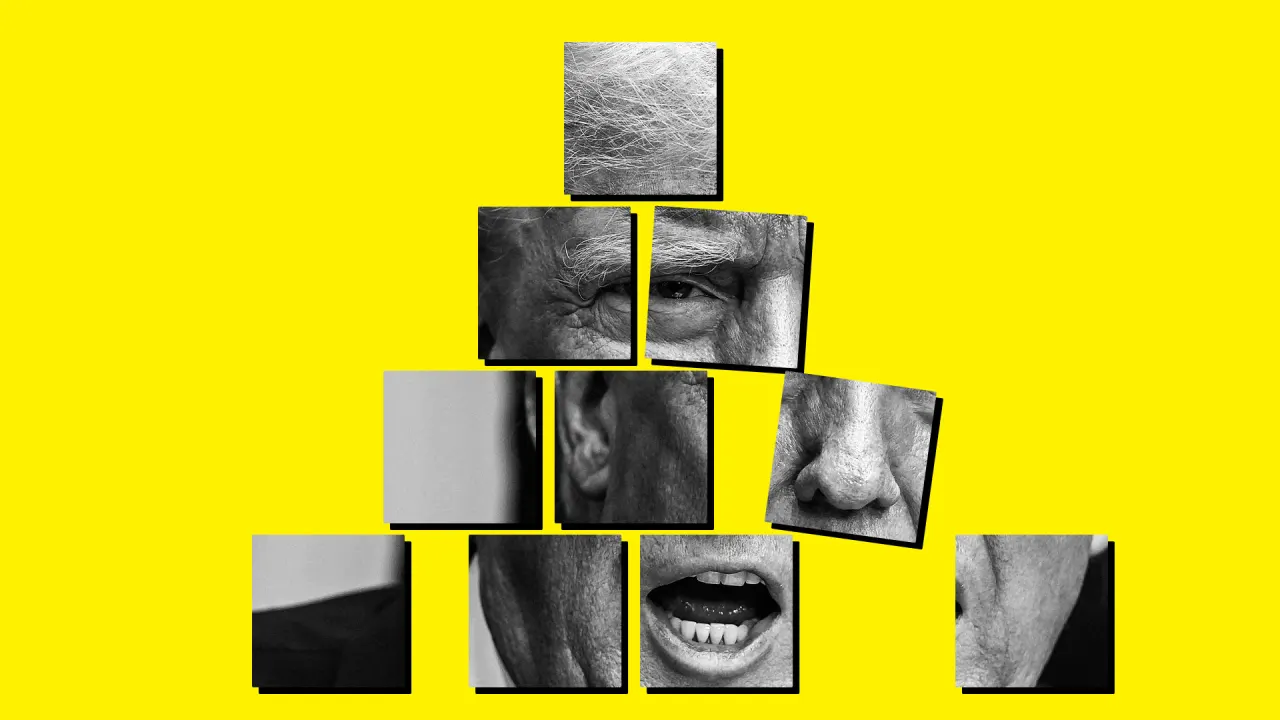
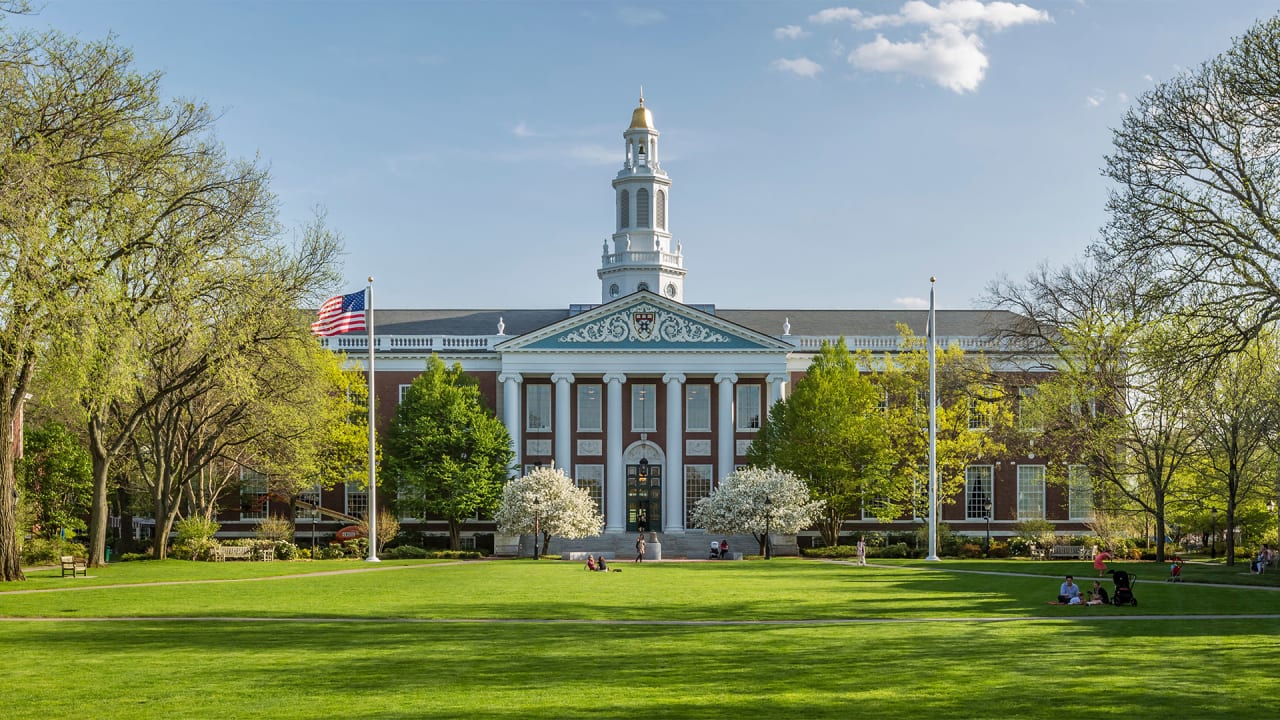
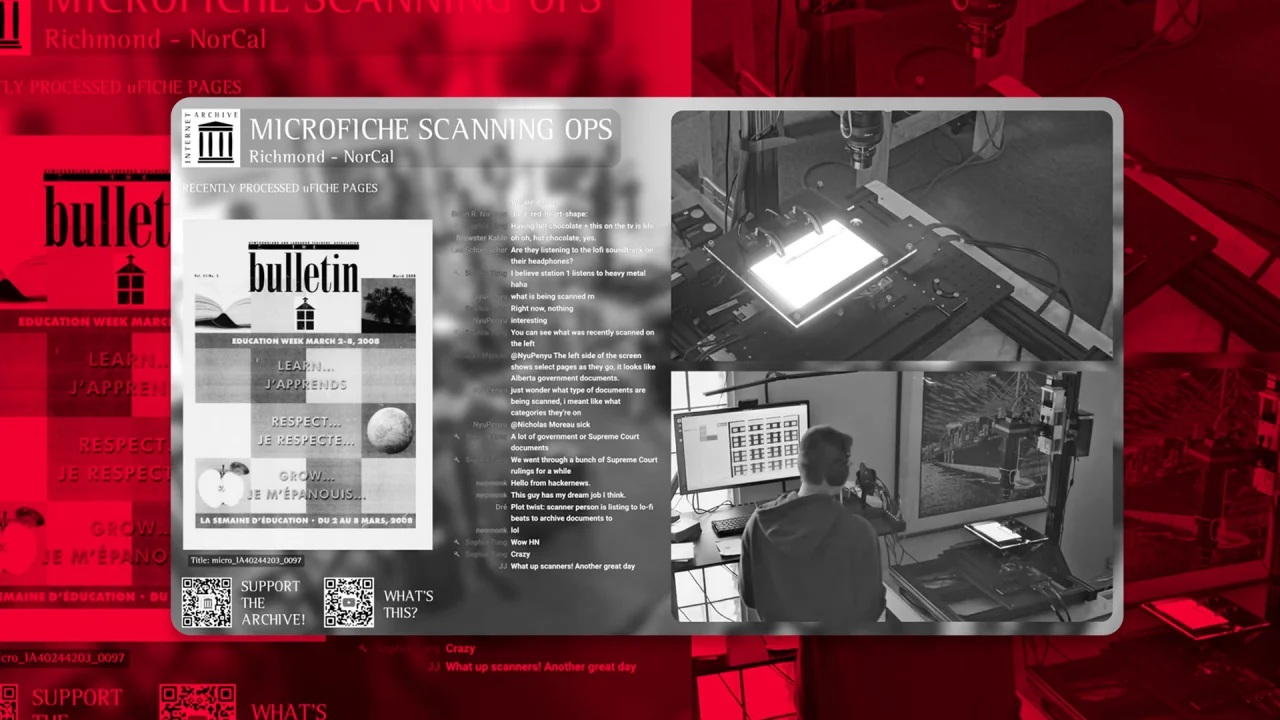





























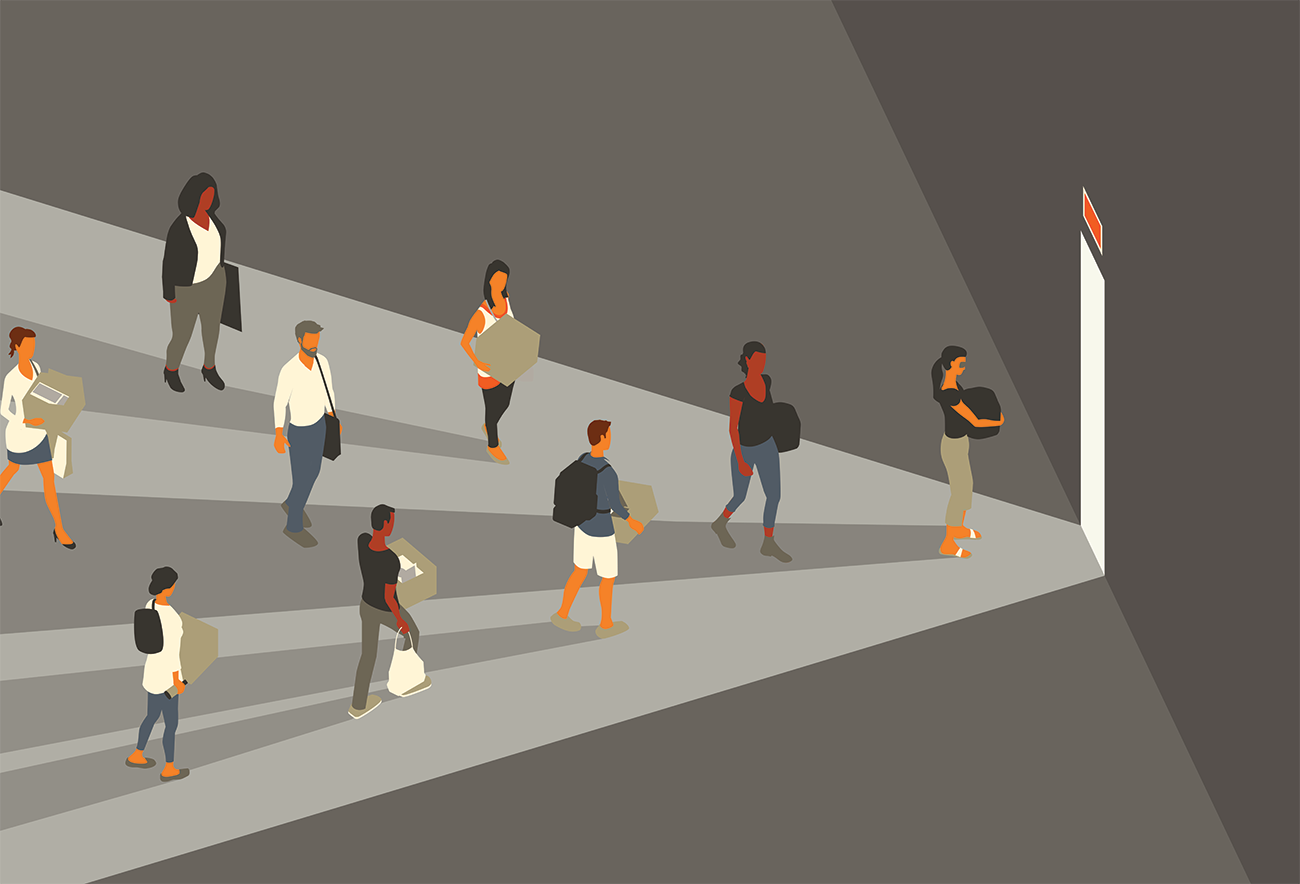




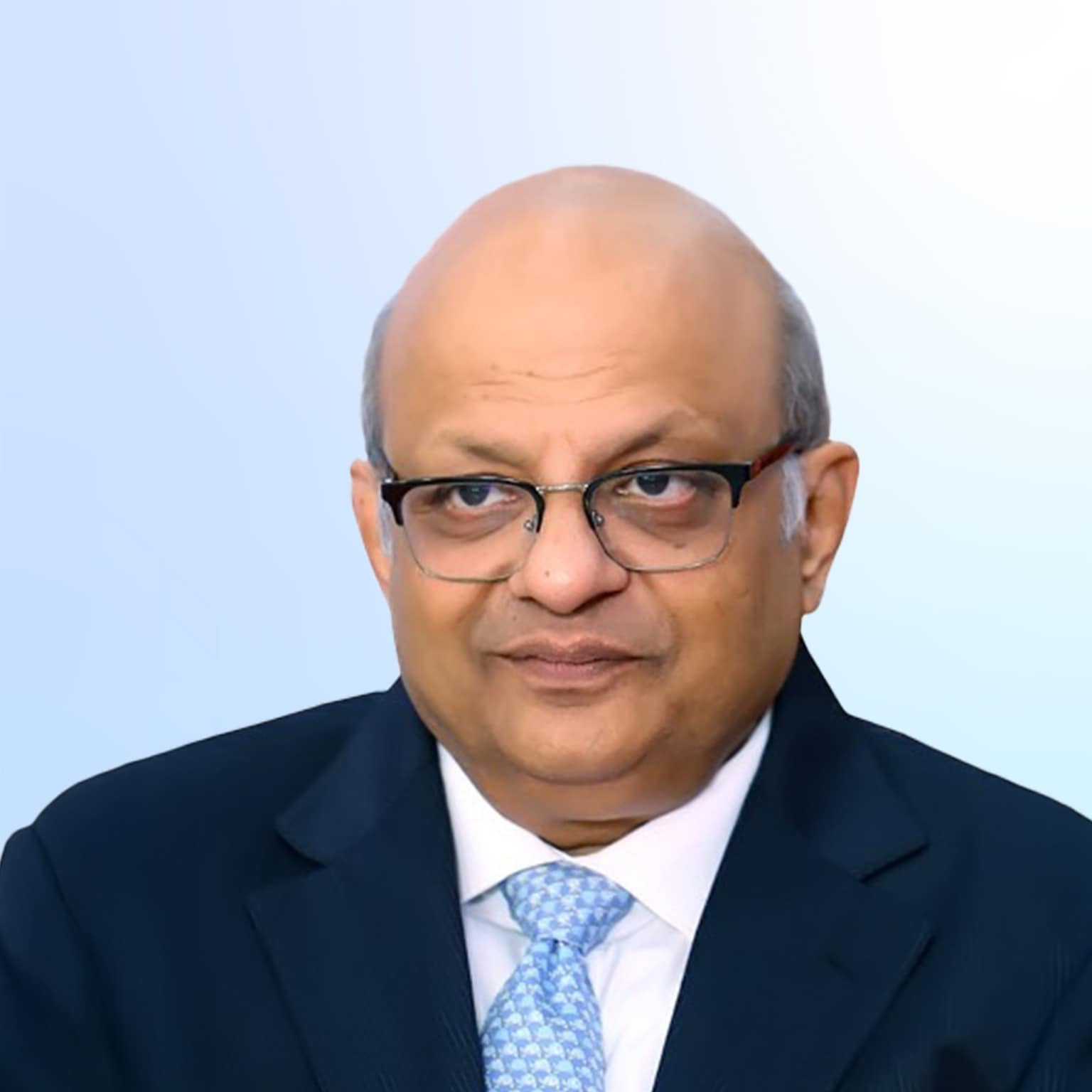
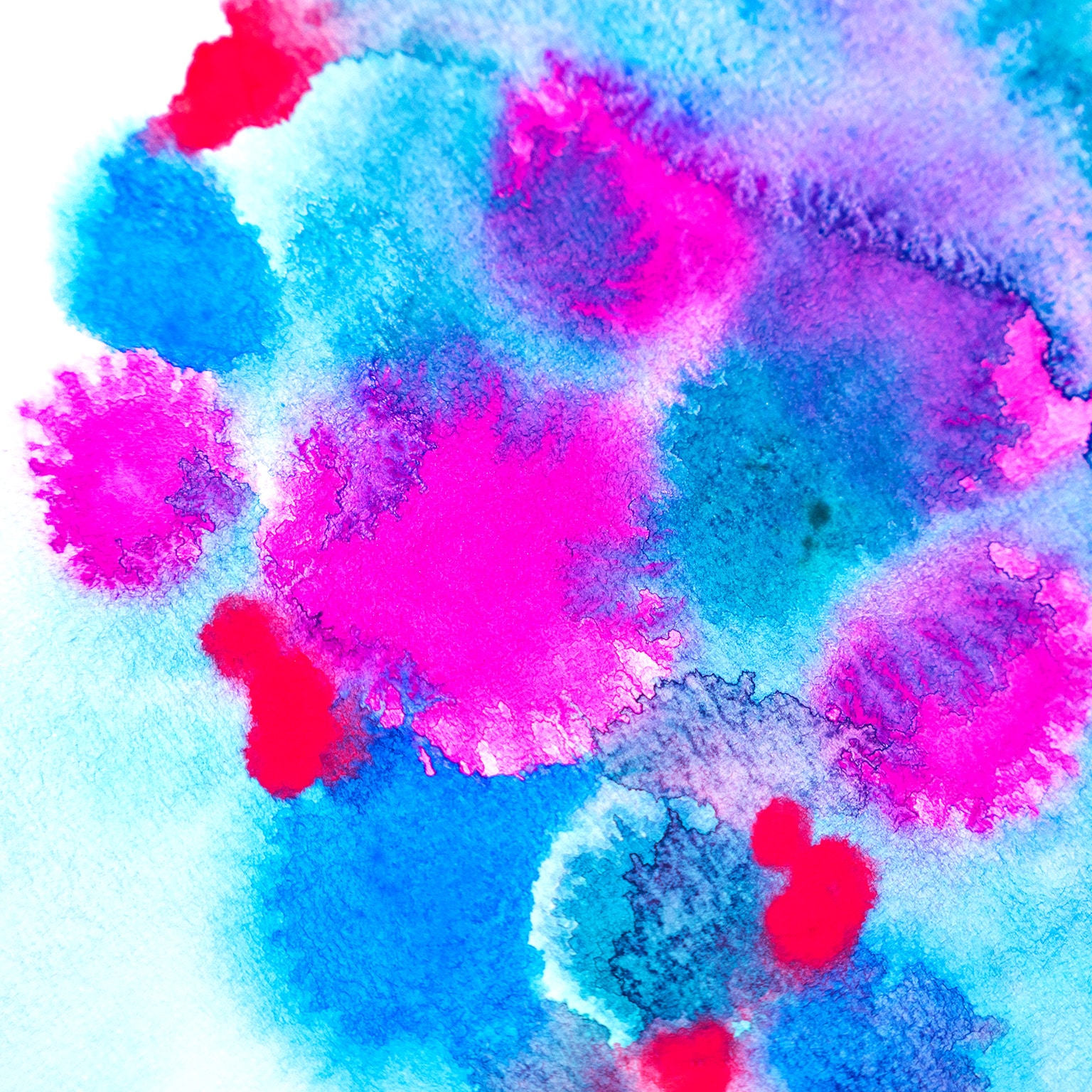
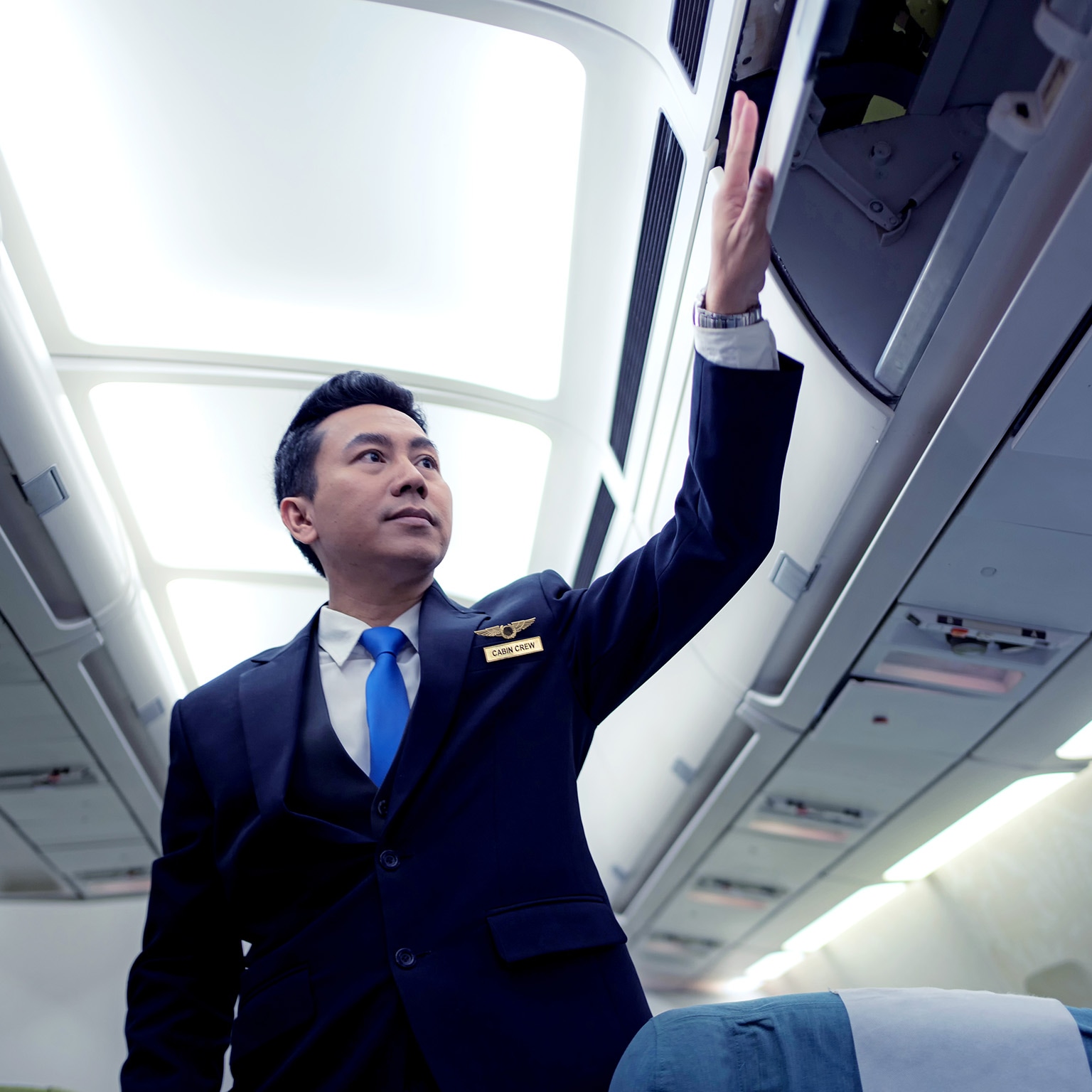























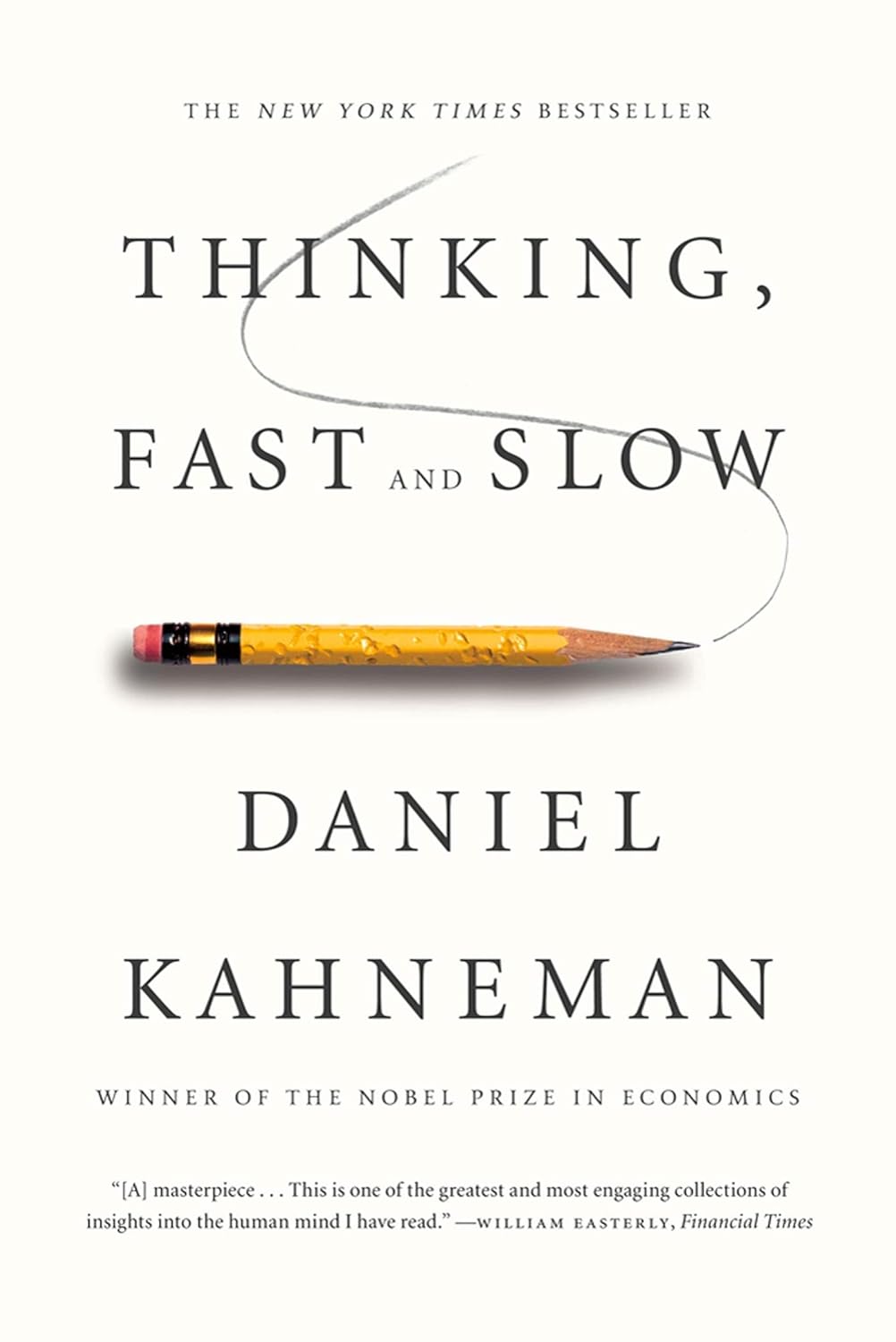


































![Building A Digital PR Strategy: 10 Essential Steps for Beginners [With Examples]](https://buzzsumo.com/wp-content/uploads/2023/09/Building-A-Digital-PR-Strategy-10-Essential-Steps-for-Beginners-With-Examples-bblog-masthead.jpg)


















































